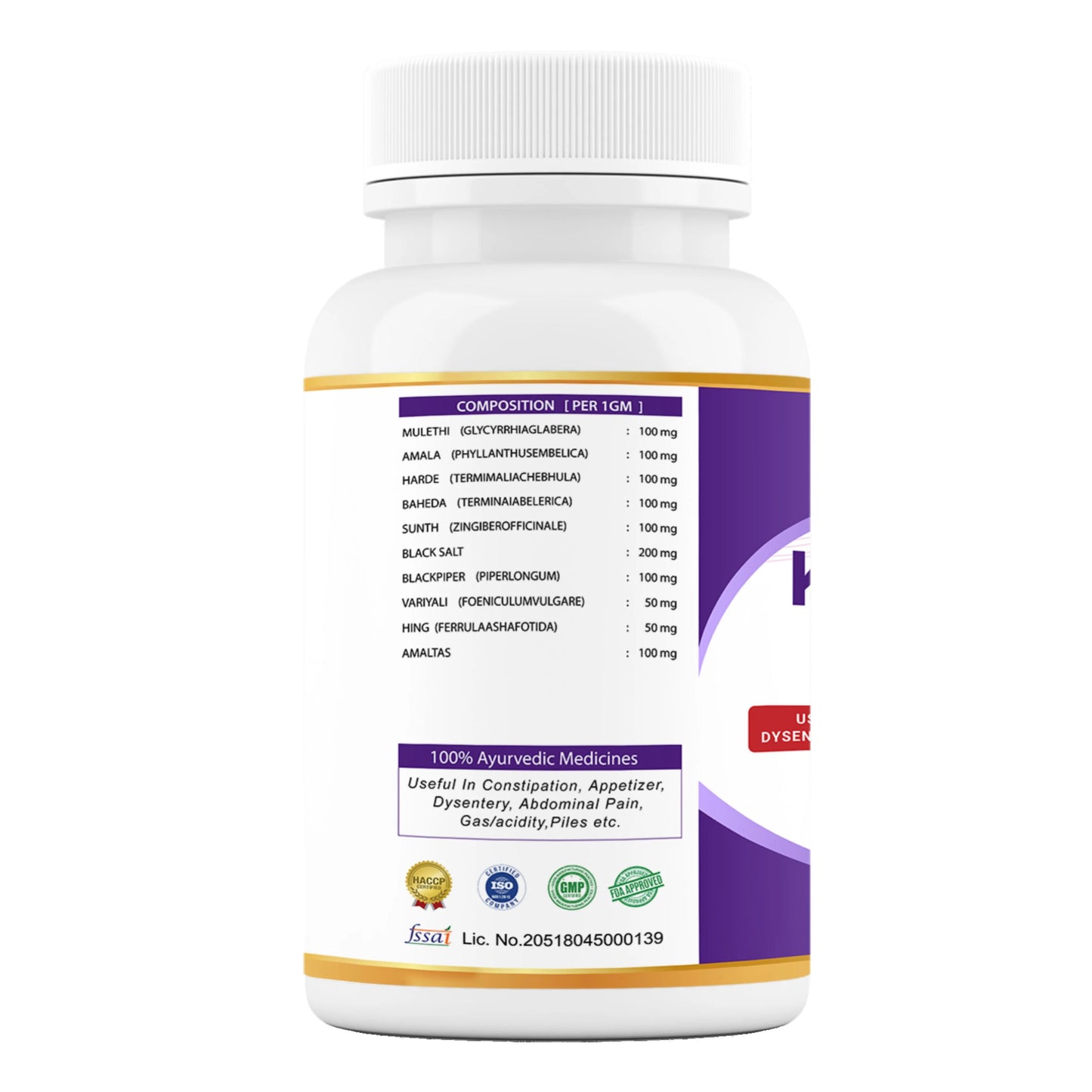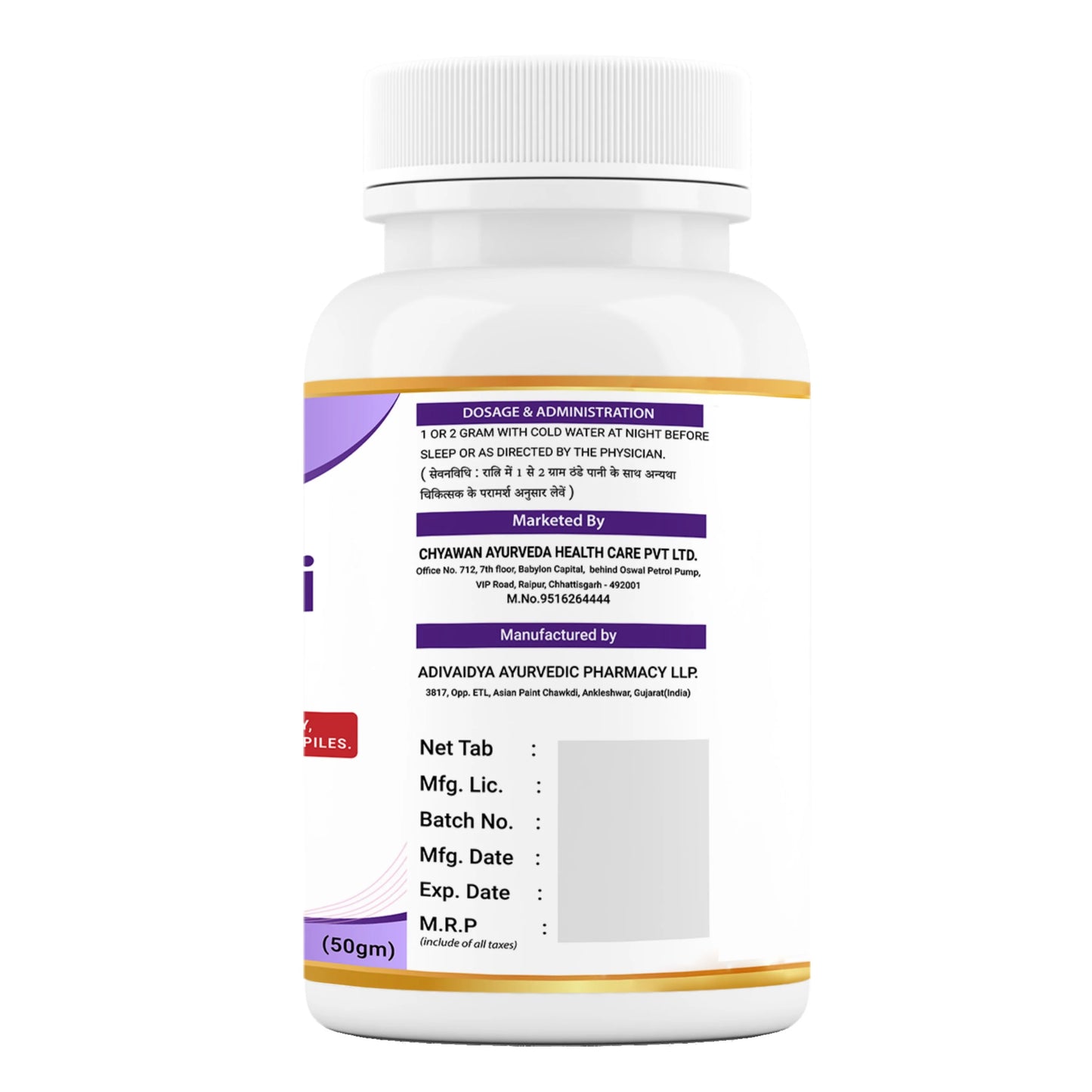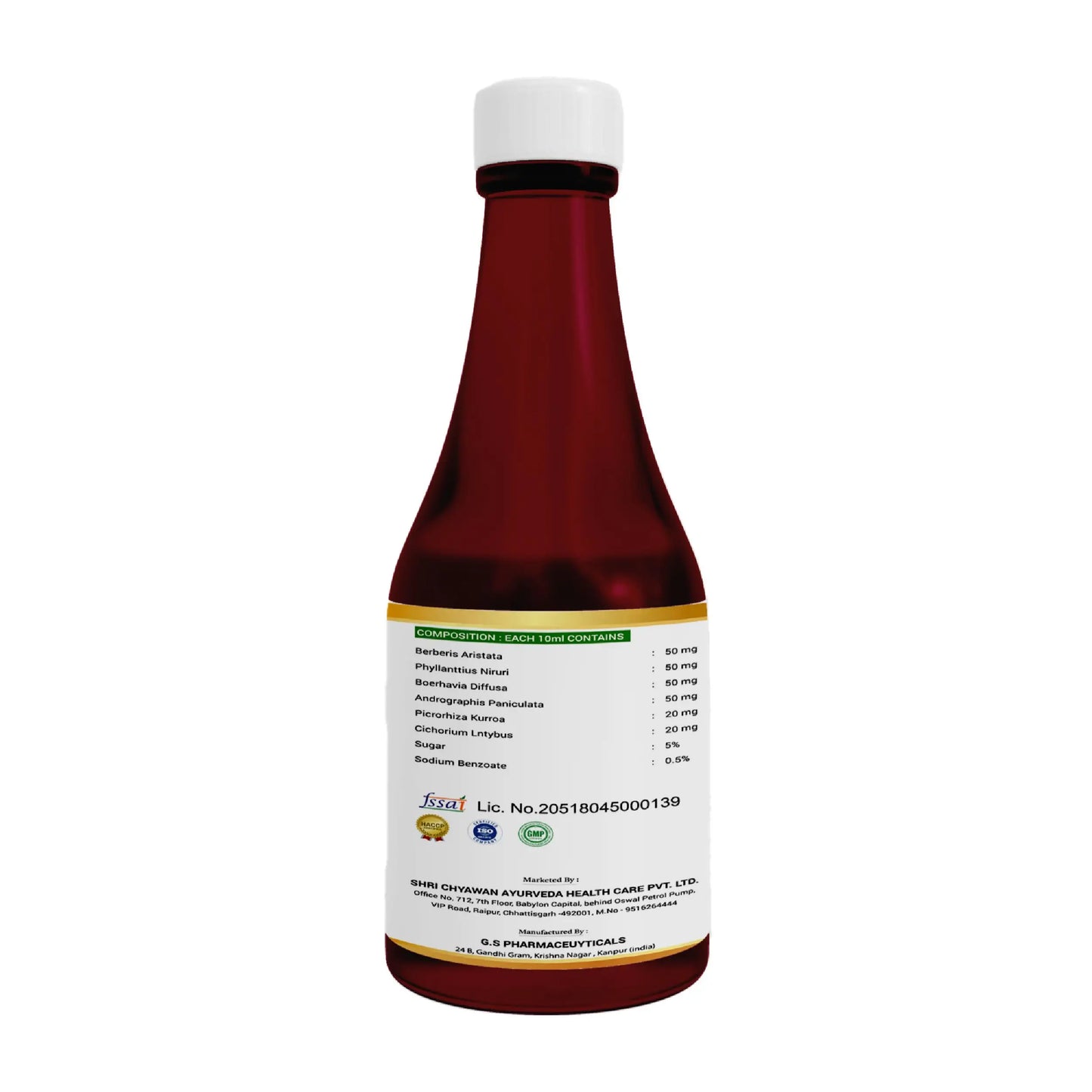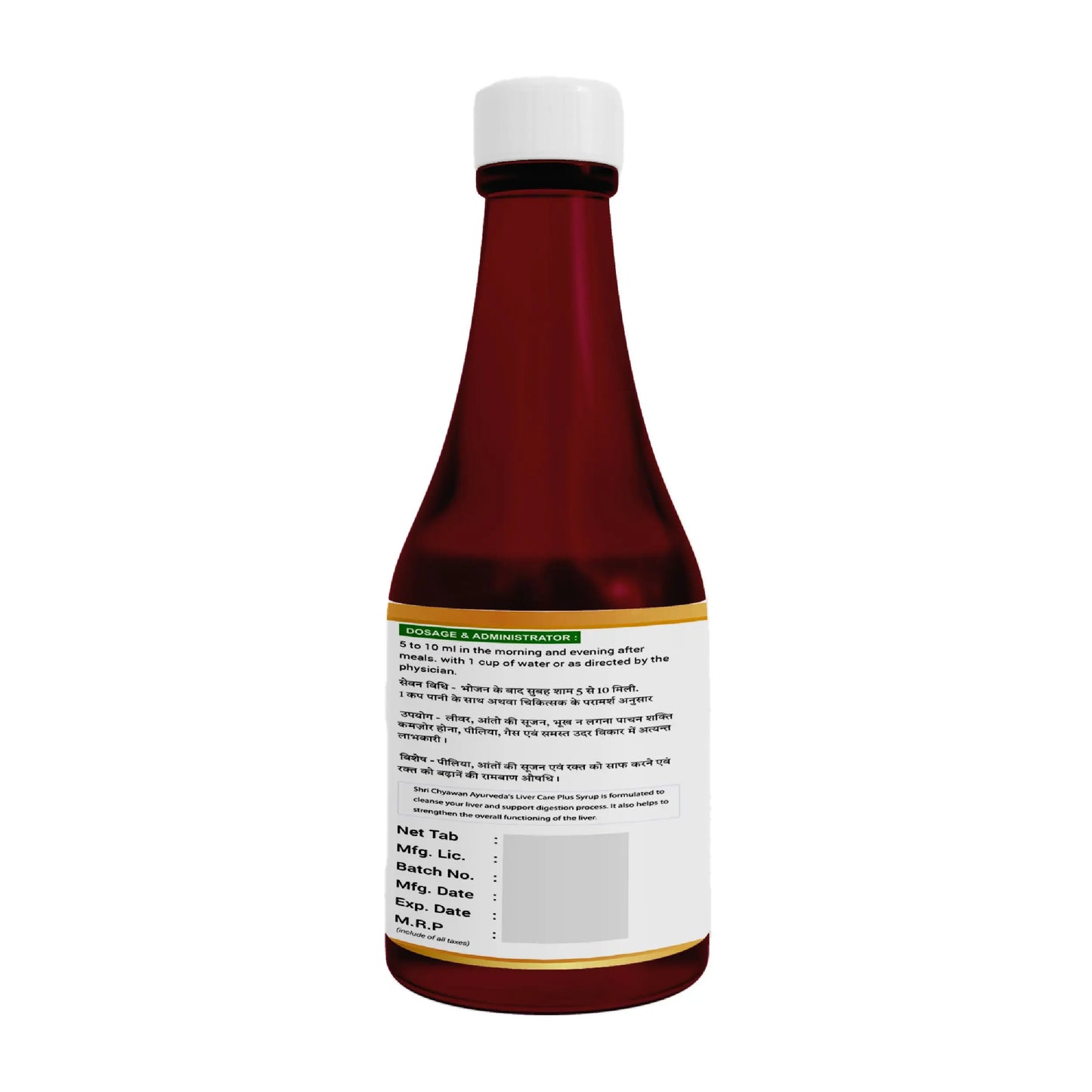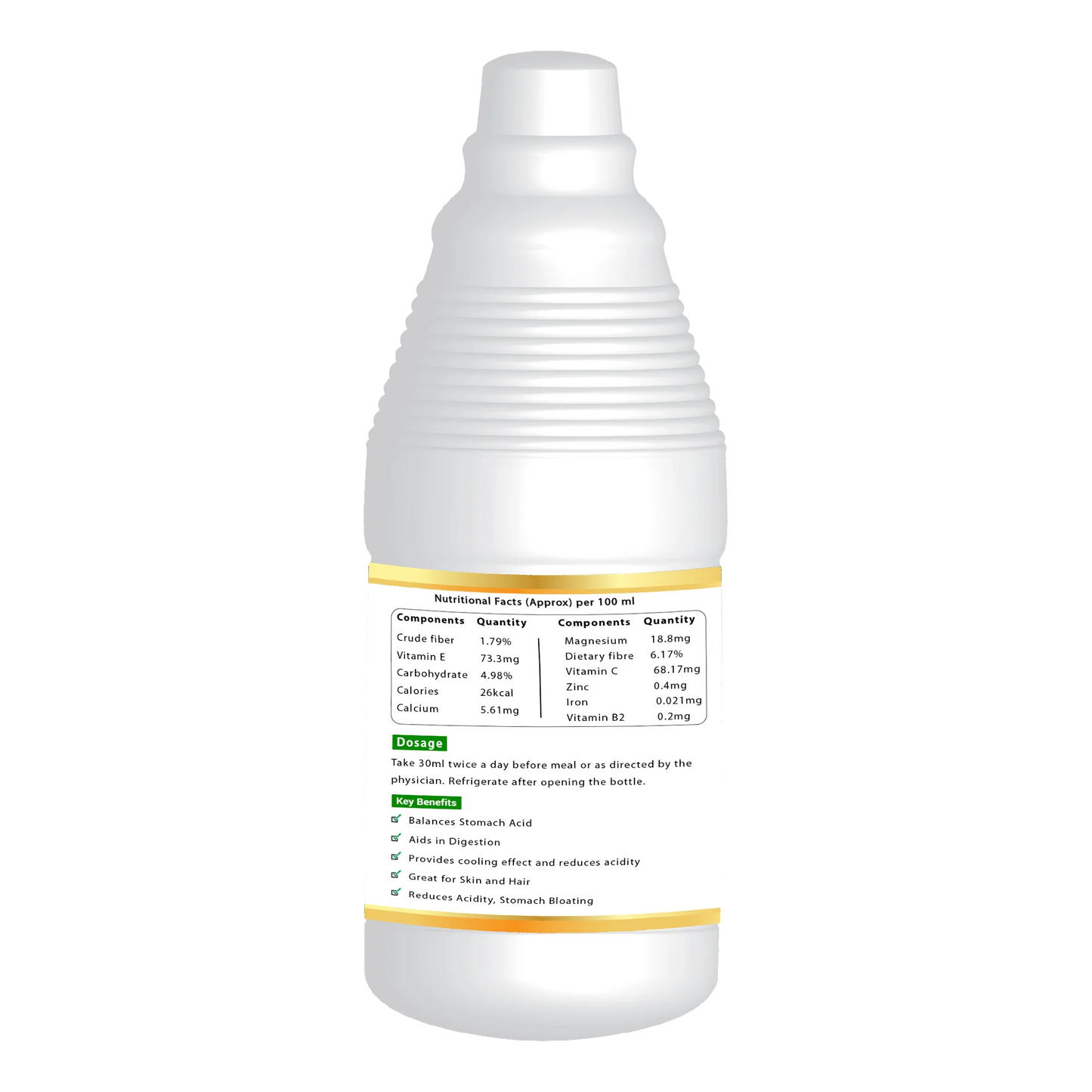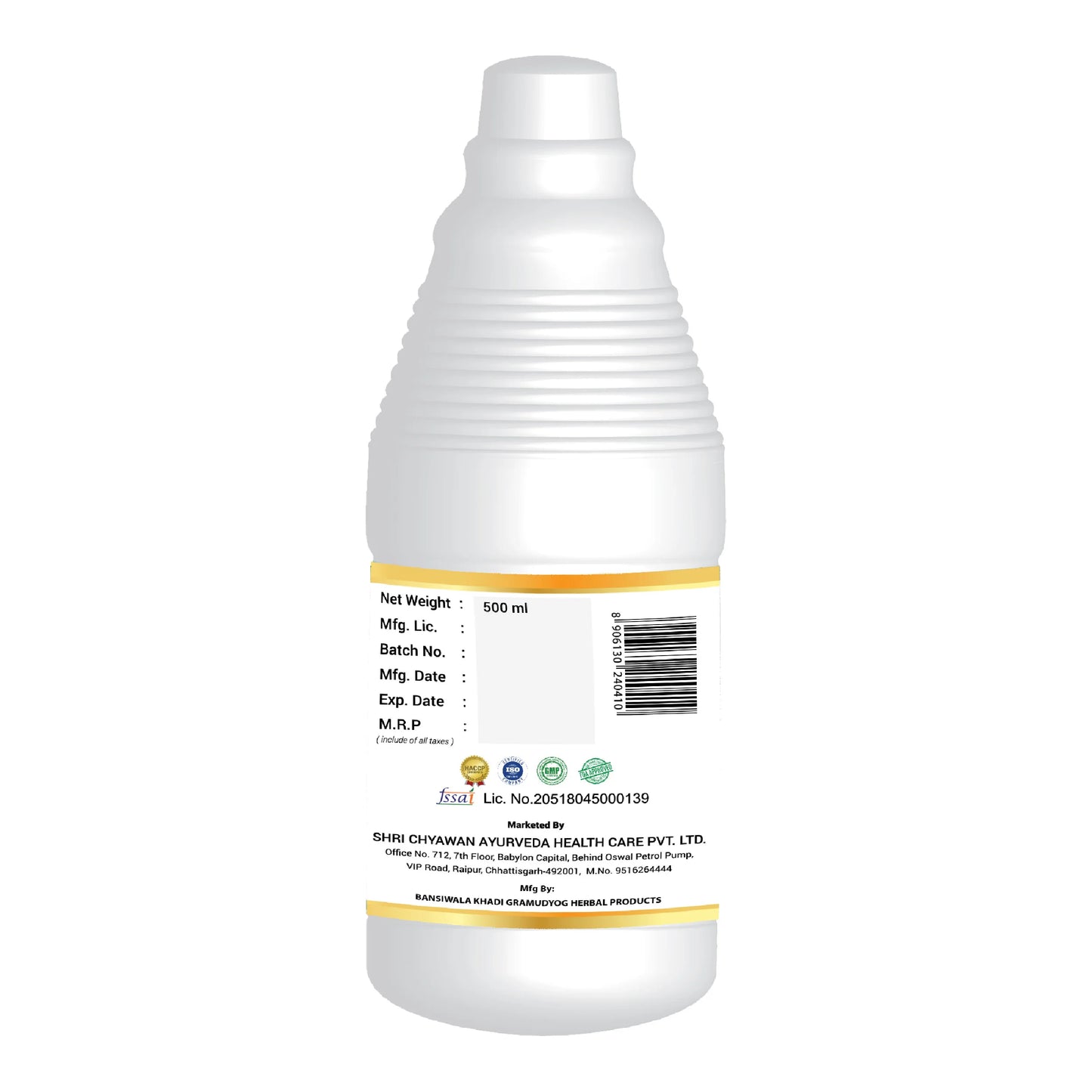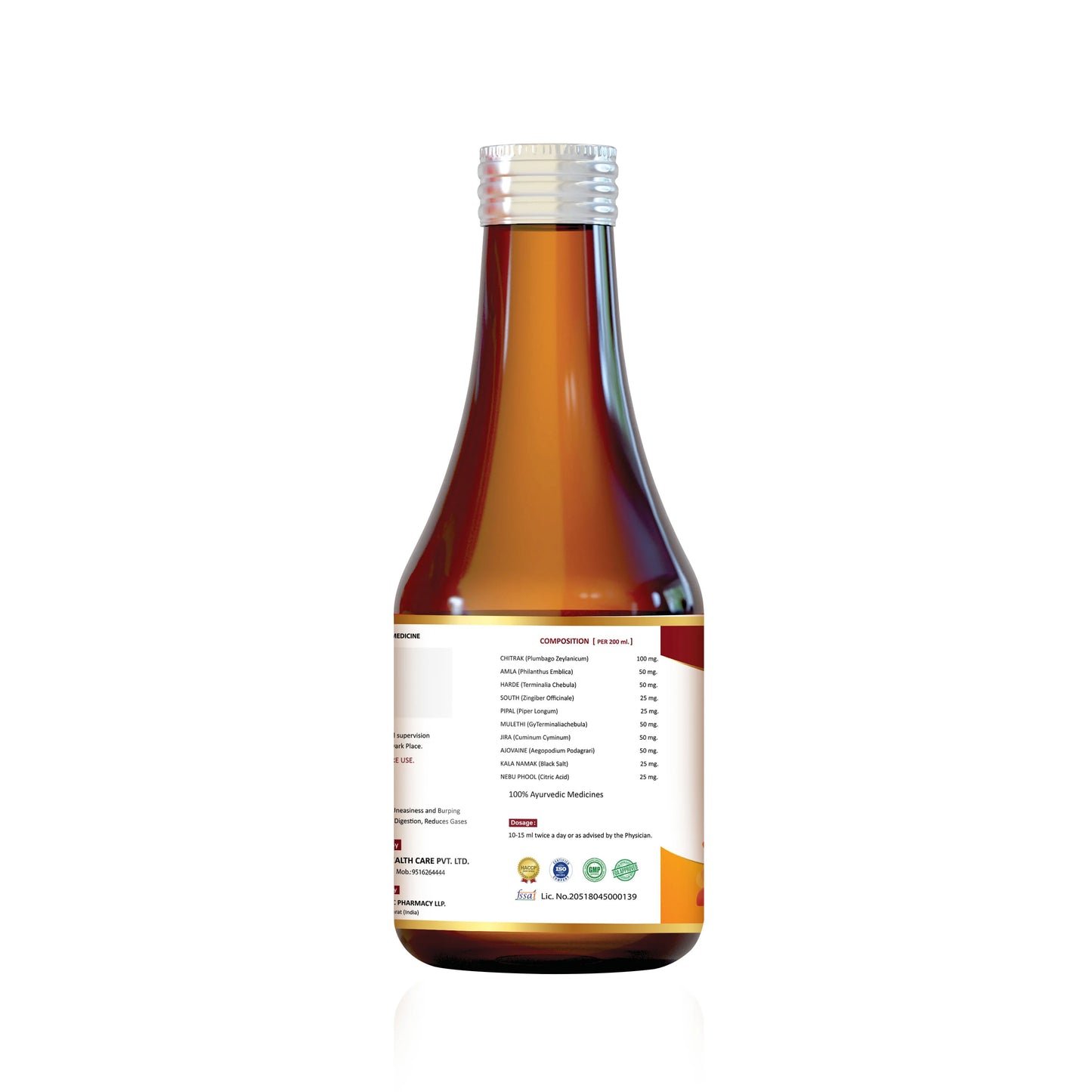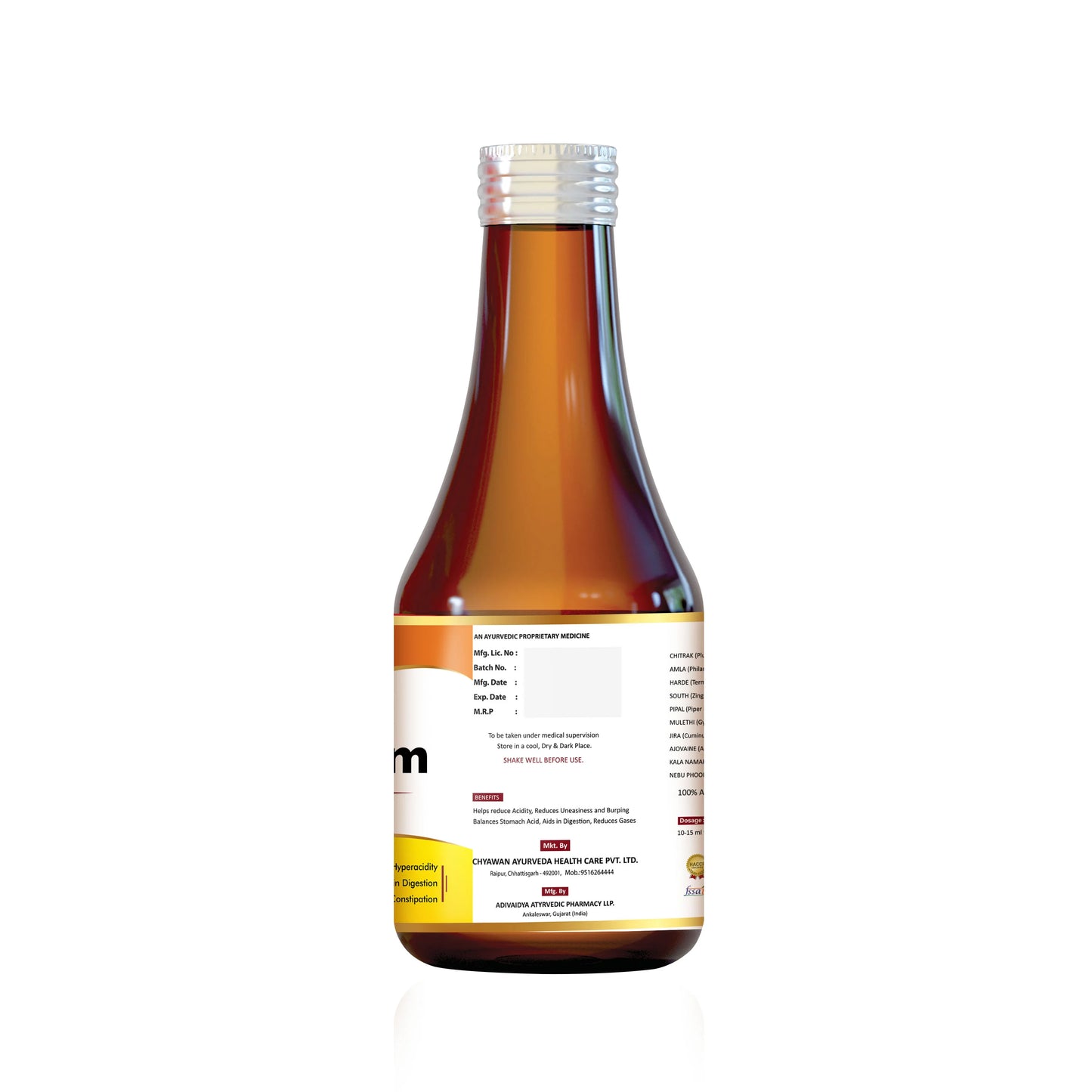Acid reflux and GERD (Gastroesophageal Reflux Disease) are terms often used interchangeably, but they represent different levels of severity in the spectrum of digestive disorders. Understanding the distinction between the two is crucial for effective management and treatment.
What is Acid Reflux?
Acid reflux occurs when stomach acid flows back into the esophagus, causing a burning sensation known as heartburn. This condition can happen occasionally and is often triggered by certain foods, beverages, or lifestyle habits.
Common Symptoms of Acid Reflux:
- Heartburn (a burning sensation in the chest)
- Regurgitation (a sour or bitter taste in the mouth)
- Bloating
- Burping
- Nausea
What is GERD?
GERD, or Gastroesophageal Reflux Disease, is a chronic form of acid reflux. It is diagnosed when acid reflux occurs more than twice a week or leads to inflammation of the esophagus. GERD requires medical attention and long-term management to prevent complications.
Common Symptoms of GERD:
- Frequent heartburn
- Difficulty swallowing
- Chest pain
- Chronic cough
- Hoarseness or sore throat
- Asthma symptoms (worsening)
Ayurvedic Treatment for Acidity Control by Shri Chyawan Ayurveda
For those seeking a holistic and natural approach to managing acidity, Shri Chyawan Ayurveda offers a comprehensive Acidity Control Kit. Thousands of satisfied customers recommend this kit for its effectiveness and natural ingredients.
Benefits of the Acidity Control Kit:
- Natural and Safe: Made from pure and natural ingredients, free from harmful chemicals.
- Effective Relief: Provides quick and effective relief from acid reflux and heartburn.
- Improves Digestion: Enhances overall digestive health, preventing future episodes of acidity.
- Holistic Approach: Balances the body’s pH levels and promotes overall well-being.
Acidity Control Kit has a combination of ayurvedic syrup, and churna for hyperacidity treatment with no side effects.
1. Liver Care Syrup: Cleanse and Support Your Liver Naturally
To support and enhance liver function, Shri Chyawan Ayurveda presents the Liver Care Syrup, a meticulously formulated herbal tonic designed to cleanse your liver and aid the digestion process. This syrup also helps to strengthen the overall functioning of the liver, ensuring that it operates at its best.
Key Ingredients and Their Benefits
Shri Chyawan Ayurveda's Liver Care Syrup is a blend of potent Ayurvedic herbs known for their liver-protective and digestive properties. Let's explore the benefits of each ingredient:
Chitrakmul (Plumbago zeylanica)
- Promotes healthy digestion
- Stimulates appetite and reduces indigestion
Amla (Indian Gooseberry)
- Rich in Vitamin C, boosts immunity
- Acts as a natural detoxifier, enhancing liver function
Harde (Terminalia chebula)
- Improves digestion and detoxification
- Known as a powerful antioxidant
Baheda (Terminalia bellirica)
- Supports liver health and detoxification
- Helps in balancing the body's pH levels
Bel Patra (Aegle marmelos)
- Enhances digestive health
- Reduces inflammation and supports liver function
Dhania (Coriander)
- Aids in digestion and alleviates bloating
- Acts as a mild diuretic, promoting detoxification
Aloe vera
- Soothes and heals the digestive tract
- Enhances liver detoxification processes
Ajwain (Carom Seeds)
- Alleviates indigestion and bloating
- Supports liver function and reduces acidity
Punarnava (Boerhavia diffusa)
- Promotes liver detoxification
- Reduces liver inflammation and supports overall health
Giloy Satva (Tinospora cordifolia)
- Boosts immunity and supports liver health
- Acts as a natural detoxifier
Neem Chal (Azadirachta indica)
- Purifies the blood and detoxifies the liver
- Has anti-inflammatory and antibacterial properties
Tulsi (Holy Basil)
- Enhances overall liver function
- Acts as a natural antioxidant and immune booster
How to Use Liver Care Syrup
For optimal results, it is recommended to consume 1-2 teaspoonfuls of Liver Care Syrup, thrice a day, or as suggested by your physician. Consistent use can help in maintaining a healthy liver, improving digestion, and ensuring overall well-being.
2. Kabj Hari Churn: Your Natural Remedy for Stomach Issues
This herbal formulation is designed to ease constipation pain, reduce gas, and relieve acidity, promoting overall digestive health.
Key Ingredients and Their Benefits
Kabj Hari Churn is a blend of carefully selected Ayurvedic herbs known for their digestive properties. Here’s a look at each ingredient and its benefits:
Harde (Terminalia chebula)
- Known for its laxative properties
- Promotes regular bowel movements and relieves constipation
Sonth (Dry Ginger)
- Aids in digestion and reduces gas
- Helps in relieving abdominal pain and bloating
Mulethi (Licorice)
- Soothes the digestive tract
- Reduces inflammation and promotes gut health
Baheda (Terminalia bellirica)
- Acts as a gentle laxative
- Supports overall digestive health
Hing (Asafoetida)
- Known for its anti-flatulent properties
- Reduces gas and bloating effectively
Variyali (Fennel Seeds)
- Enhances digestion and alleviates bloating
- Helps in reducing abdominal pain and discomfort
Amaltas (Cassia fistula)
- Acts as a natural laxative
- Promotes regular bowel movements
Black Salt
- Aids in digestion and reduces acidity
- Helps in balancing stomach acids
Blackpiper (Black Pepper)
- Enhances digestive enzyme activity
- Reduces gas and supports overall digestion
Amla (Indian Gooseberry)
- Rich in Vitamin C, supports digestive health
- Acts as a natural detoxifier and promotes regular bowel movements
How to Use Kabj Hari Churn
For the best results, mix 1-2 grams of Kabj Hari Churn with half a cup of water and consume it every day before going to bed. Consistent use can help alleviate constipation, reduce gas, and improve overall digestive health.
3. Acidity Amritam Syrup
Acidity and related stomach issues can be discomforting and disrupt daily life. To alleviate these symptoms naturally, Shri Chyawan Ayurveda offers Acidity Amritam Syrup. This herbal syrup is formulated to soothe the burning sensation in the stomach caused by acidity and to address various stomach-related issues. Regular intake, as prescribed, can help you overcome acidity and gas problems effectively.
Key Ingredients and Their Benefits
Acidity Amritam Syrup is a blend of potent Ayurvedic herbs known for their anti-acidic and digestive properties. Here’s a look at the ingredients and their benefits:
Laung (Clove)
- Provides relief from acidity and indigestion
- Possesses anti-inflammatory and carminative properties
Chhoti Elaichi (Green Cardamom)
- Soothes the stomach lining
- Reduces gas and bloating
Sonth (Dry Ginger)
- Aids in digestion and alleviates nausea
- Reduces inflammation and soothes the digestive tract
Chitrakmool (Plumbago zeylanica)
- Enhances digestive fire (Agni) and reduces acidity
- Promotes overall digestive health
Harad (Terminalia chebula)
- Acts as a natural detoxifier
- Improves digestion and reduces acid reflux
Pudina (Mint)
- Soothes the stomach and reduces acidity
- Provides a cooling effect and relieves indigestion
Amla (Indian Gooseberry)
- Rich in Vitamin C, supports digestive health
- Acts as a natural antacid and detoxifier
Yashtimadhu (Licorice)
- Soothes the stomach lining and reduces inflammation
- Helps in healing the esophagus from acid reflux
Geru (Red Ochre)
- Provides relief from acidity
- Has cooling properties that soothe the digestive tract
Saunf (Fennel Seeds)
- Enhances digestion and reduces bloating
- Relieves gas and promotes overall digestive health
Giloy (Tinospora cordifolia)
- Boosts immunity and supports liver health
- Acts as a natural detoxifier and anti-inflammatory agent
Vidarikand (Pueraria tuberosa)
- Promotes digestive health
- Reduces acidity and improves gut function
Kapoor (Camphor)
- Provides a cooling effect and relieves acidity
- Aids in reducing stomach discomfort
How to Use Acidity Amritam Syrup
For optimal results, consume 10ml of Acidity Amritam Syrup, morning and evening, after breakfast and snacks respectively. Consistent use can help soothe the stomach, reduce acidity, and alleviate gas problems.
Understanding the difference between acid reflux and GERD is vital for choosing the right treatment approach. While acid reflux is occasional and can be managed with lifestyle changes and natural remedies, GERD is a chronic condition that needs more comprehensive treatment.
The Acidity Control Kit by Shri Chyawan Ayurveda offers a natural, effective, and holistic solution to managing both acid reflux and GERD. With thousands of happy and satisfied customers, it stands as a testament to the power of Ayurvedic treatment in promoting digestive health and overall well-being.
By incorporating these natural remedies into your daily routine, you can enjoy relief from acidity and improve your digestive health in a safe and sustainable way.
FAQ's
Q1: What is the difference between acid reflux and GERD?
A1: Acid reflux is a condition where stomach acid flows back into the esophagus, causing heartburn. GERD (Gastroesophageal Reflux Disease) is a chronic, more severe form of acid reflux that occurs frequently, often leading to inflammation and other complications in the esophagus.
Q2: What are the common symptoms of acid reflux?
A2: Common symptoms include heartburn (a burning sensation in the chest), regurgitation (a sour or bitter taste in the mouth), bloating, burping, and nausea.
Q3: What symptoms indicate that I might have GERD?
A3: Symptoms of GERD include frequent heartburn, difficulty swallowing, chest pain, chronic cough, hoarseness, sore throat, and worsening asthma symptoms.
Q4: Can lifestyle changes help manage acid reflux and GERD?
A4: Yes, lifestyle changes such as eating smaller meals, avoiding trigger foods, not lying down after eating, losing weight if overweight, and quitting smoking can help manage both acid reflux and GERD.
Q5: How is GERD diagnosed?
A5: GERD is typically diagnosed through a combination of symptom assessment, medical history, and tests such as endoscopy, pH monitoring, and esophageal manometry.
Q6: Is it safe to use Ayurvedic remedies alongside conventional medications?
A6: Generally, Ayurvedic remedies are safe, but it's essential to consult with a healthcare provider before combining them with conventional medications to avoid potential interactions and ensure a coordinated approach to treatment.
Q7: How long does it take for Ayurvedic treatments to show results for acid reflux and GERD?
A7: The time frame for seeing results with Ayurvedic treatments can vary depending on the individual's condition, lifestyle, and adherence to the treatment plan. Some people may notice improvements within a few weeks, while for others, it might take a few months of consistent practice and lifestyle changes.
Q8: Can stress worsen acid reflux and GERD, and how does Ayurveda address this?
A8: Yes, stress can exacerbate acid reflux and GERD by increasing stomach acid production and affecting digestive function. Ayurveda addresses stress through holistic approaches such as yoga, meditation, pranayama (breathing exercises), and the use of calming herbs like Ashwagandha and Brahmi.
Q9: Are there any specific Ayurvedic herbs that are particularly effective for acid reflux and GERD?
A9: Yes, several Ayurvedic herbs are known for their effectiveness in managing acid reflux and GERD, including:
- Amla (Indian Gooseberry): Acts as a natural antacid.
- Mulethi (Licorice): Soothes the esophagus and reduces inflammation.
- Saunf (Fennel Seeds): Aids digestion and reduces bloating.
- Ajwain (Carom Seeds): Provides relief from acidity and indigestion.
- Ginger: Reduces nausea and improves digestion.
Q10: Can children use Ayurvedic treatments for acid reflux and GERD?
A10: Ayurvedic treatments can be adapted for children, but it's important to consult with an Ayurvedic practitioner or a healthcare provider to ensure the treatments are safe and appropriate for the child's age and condition.
Q11: Are there any side effects of Ayurvedic treatments for acid reflux and GERD?
A11: Ayurvedic treatments are generally safe when used as directed. However, it's important to use high-quality herbs and follow recommended dosages. Some individuals may experience mild side effects like digestive discomfort if they are sensitive to certain herbs. Always consult with an Ayurvedic practitioner or healthcare provider before starting any new treatment.
Q12: How does Ayurveda view the causes of acid reflux and GERD?
A12: Ayurveda views acid reflux and GERD as imbalances in the body's doshas (primarily Pitta dosha). Factors such as improper diet, stress, irregular eating habits, and lifestyle choices contribute to these imbalances. Ayurvedic treatment aims to restore balance through diet, lifestyle changes, and herbal remedies.






